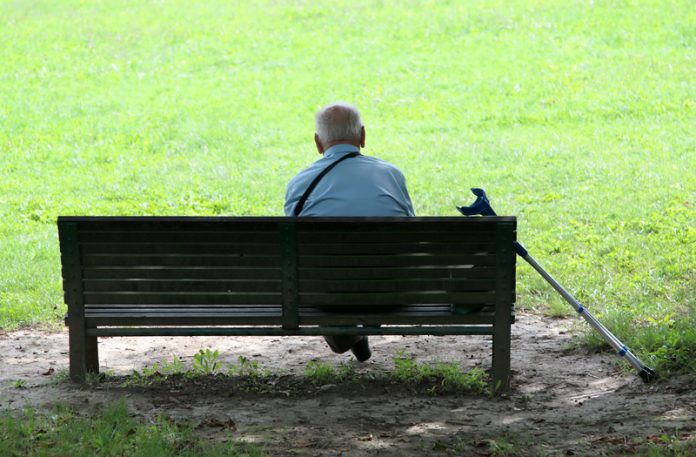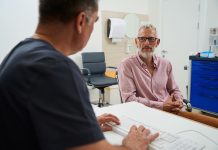Lambert van Nistelrooij, Dutch Member of the EPP group of the European Parliament outlines how an ageing population affects rural areas…
In 2060 there will be 2 people employed to the ratio of one pensioner, compared with 4 to one in 2012. Above that the differences are tremendous: cities grow while rural areas are shrinking. This is already affecting everyday life in rural areas. In these regions the social safety net to protect the elderly is getting weaker, because a large amount of youngsters are leaving. They search for jobs in cities and elsewhere in Europe. I believe that the empowerment of the elderly in combination with solidarity between generations is the way forward. Whether we live in rural areas or cities, whether we are 15, 40, 70, or even 100, managing the upcoming demographic changes is key.
The upcoming demographic shift affects the relationships among generations and the way our society is functioning. We have to value the contribution of all age groups in society. Therefore inclusion and participation is necessary, especially in the shrinking regions. This approach of a territorial focus is in the light of the UK referendum even more important.
The debate is open
Unfortunately, policymakers still see demographic change as a burden, rather than a chance. Yes, we have to pay all our attention to the negative challenges of ageing, for example increasing pensions and higher healthcare costs. However, it is also our duty to see demographic change as an opportunity and as a chance. For instance, to lower costs of healthcare, we have developed new innovative solutions like eHealth. These solutions will reach the remote areas, provide us with care for a better quality of life and will lead to a higher degree of social inclusion.
These new developments will also bring forward jobs for the younger generation, in the service sector or care sector. This will create new chances for Europe’s regions and rural areas. In the European Union we want to bridge the digital divide, assist older people to develop digital skills and create better infrastructure and services at a local level. As a consequence, I hope more younger people will stay in the rural regions to start their own enterprises or find a job there. A better balance must be reached. Europe has clear opportunities to invest and innovate in rural areas, also after 2020. Because of the UK referendum, this is all at stake in the UK.
The importance of volunteers
As well as the formal work, informal work is just as important. For a higher degree of social inclusion, volunteers play an important role. Solidarity between generations is all about a better understanding, helping and supporting each other. Volunteers have proven to be necessary in building inclusive and active communities. They have already developed neighbourhoods that make it possible for citizens of all ages to take part. A good example is ‘Generation Games’, an intergenerational event in Rotterdam in the Netherlands, which makes the connection between people of all ages possible trough sports. Europe needs to stimulate the continuation of these initiatives.
Lifelong learning
These local communities are also very important for learning and teaching. For the transfer of skills and good practices. In the EU, only half of the people between 55 and 64 are in employment. This generation has still a lot to offer both to the young and older people: a large amount of experiences, transferrable skills, knowledge, and, let’s be old-fashioned, wisdom. It is about how we value their capacities, both in voluntary and formal jobs. Every generation has their contribution to society. We should not forget this.
Let’s step up our game
Rural areas are at a clear disadvantage unless we encourage the debate on increasing cohesion all over Europe. The intergenerational dialogue to engage young and old people. As the Coordinator of the Intergroup Active Ageing in the European Parliament, I think it is very important to create the awareness. We need to empower the elderly, improve solidarity between generations and take the chances that demographic change has to offer.
Lambert van Nistelrooij
Dutch Member of the EPP group
European Parliament
lambert.vannistelrooij@europarl.europa.eu
http://www.europarl.europa.eu/meps/en/28165/LAMBERT_VAN+NISTELROOIJ_home.html











